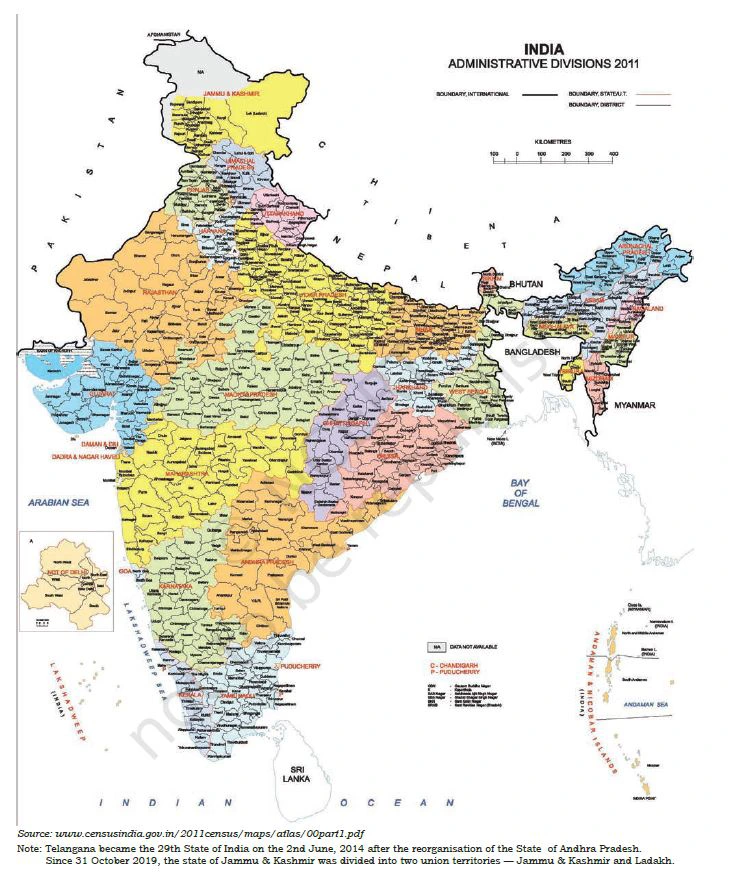![]() 1 Dec 2023
1 Dec 2023
At the heart of democratic societies, elections serve as a fundamental conduit for citizens to exercise their right to choose representatives who align with their aspirations and there are various types of governments in India. The reciprocal relationship between election and representation extends beyond mere selection, encompassing the responsibility of elected officials to champion constituents’ interests while shaping policies and decisions.

| Democracy | Monarchy |
|
|
|
|
| Types | Characteristics |
| Direct Democracy |
|
| Indirect Democracy |
|
<div class="new-fform">
</div>